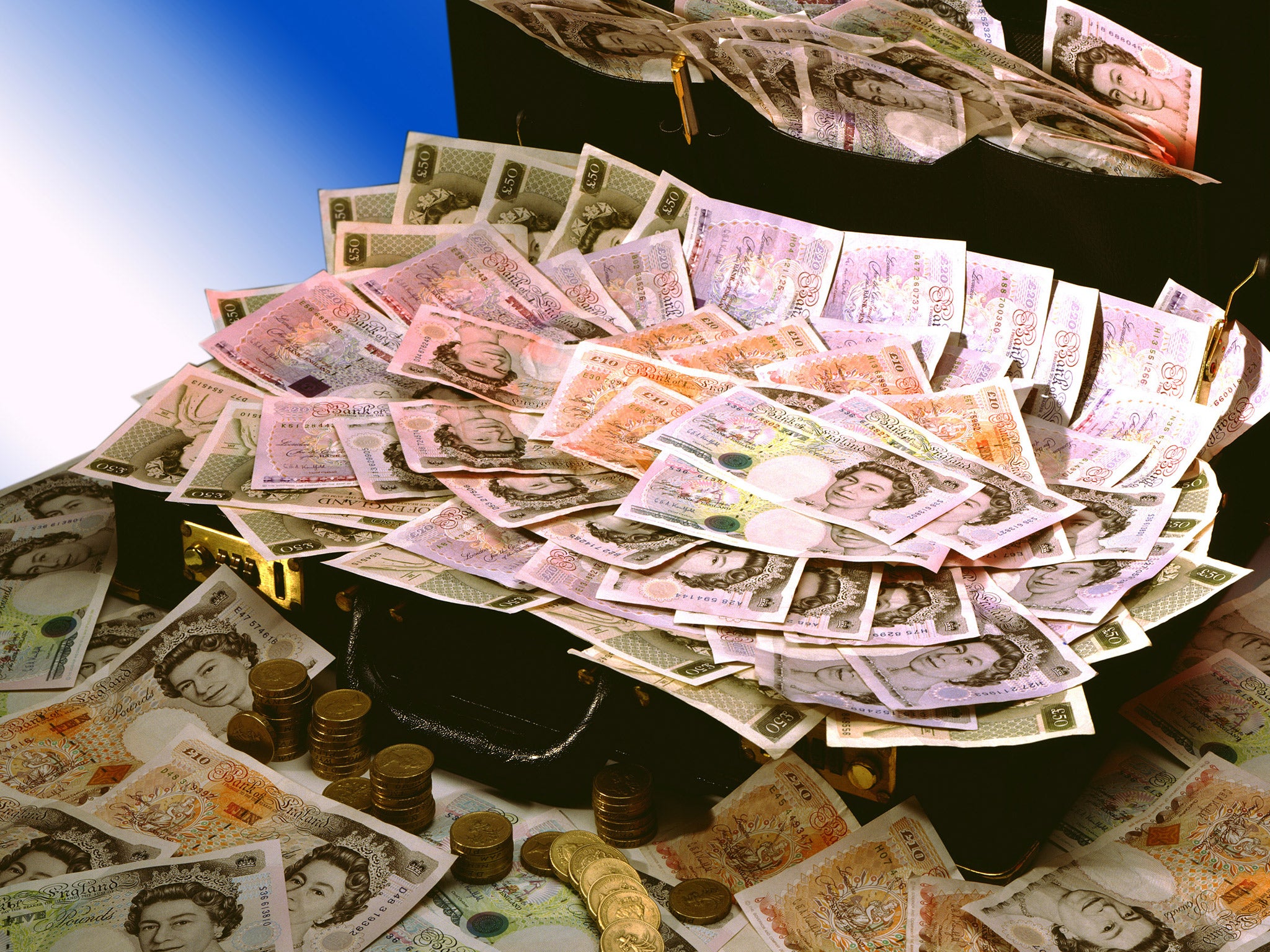The death of cash could give governments more control, experts fear
Countries like Korea and Sweden are looking at making the move towards a cashless society. But money experts fear that the complete disappearance of hard cash would not benefit ordinary people.

The move to a completely cashless society could mean governments have ever more control over our wallets.
That’s the view of Megan McArdle, a columnist at Bloomberg, who said that cash provides a cushion between ordinary people and governments.
“Unmonitored resources like cash create opportunities for criminals. But they also create a sort of cushion between ordinary people and a government with extraordinary powers. Removing that cushion leaves people who aren’t criminals vulnerable to intrusion into every remote corner of their lives,” she wrote on Bloomberg View.
Countries like Korea and Sweden are looking at making the move towards a cashless society. But money experts fear that the complete disappearance of hard cash would not benefit ordinary people.
In a cashless society, the government might intercept any transaction in which someone tried to lend money to someone accused of a crime, Ms McArdle said.
She gives the example of a time when the State of New York nearly seized all the money from her bank account after losing her tax return for that year.
“We probably won’t notice how much this power grows every time we swipe a card instead of paying cash. The danger is that by the time we do notice, it will be too late,” she said.
“If hard cash were to disappear we would need to think about limiting the ability of the government to use the payments system as an instrument to control the behaviour of its citizens,” she added.
A global economy running without physical cash will make it much easier for governments to control capital flow, according to a report by Startfor, a private intelligence agency.
Cash also allows payments to be made anonymously.
“You can spend your dollar bills without leaving any traces behind. On the other hand, in a society where all financial transactions are recorded, all of your payment and credit history becomes an easy target for cyber-theft and improper snooping by government agencies,” said Dr Patrick Carvalho, a research fellow in the Economics Program at the Centre for Independent Studies, Australia.
But getting rid of banknotes also has its advantages.
Peter Sands, a former chief executive of Standard Chartered, said that getting rid of €500, $100, SFr1,000 and £50 notes would make it harder for tax dodgers to pay people in cash, last month.
His statement came after Mario Draghi, the president of the European Central Bank, said last week that €500 notes were under review because of similar concerns that they are used by criminals.
While the Bank of Korea is planning for a cashless society by 2020 and Sweden is also making the shift, British citizens are still attached to hard cash.
Cash withdrawals amounted to a record £128 billion - made during over two billion visits according to recent figures by UK's Link network of 70,000 ATM in 2015.
The total number of cash withdrawals only grew slightly in 2015 but the value of those withdrawals increased by 2 per cent.
“These figures show that cash remains a very important part of our lives here in the UK and is still the most attractive payment option in lots of situations. With the amount of money being withdrawn continuing to increase, it is clear that cash has an important place in our wallets and purses for the foreseeable future,“ John Howells, Link CEO, said.
Join our commenting forum
Join thought-provoking conversations, follow other Independent readers and see their replies
Comments